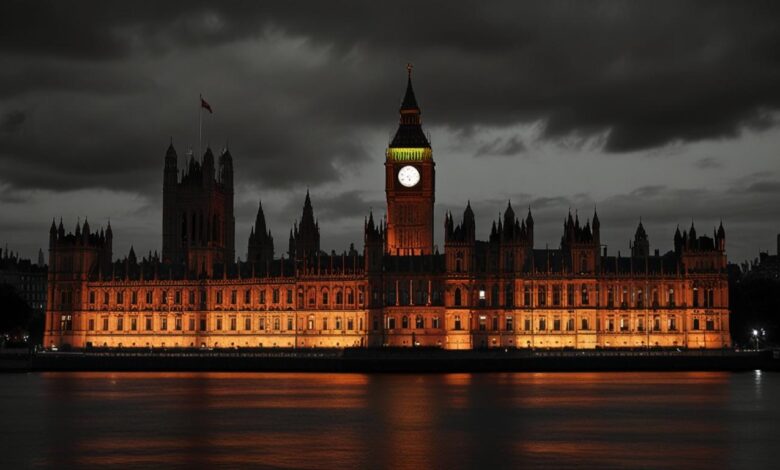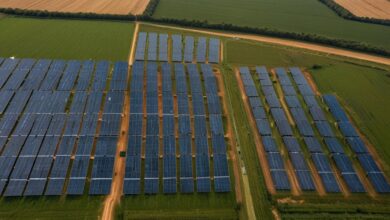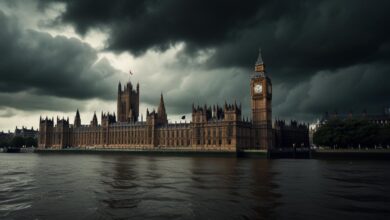Potential Policy Shifts Under Sir Keir Starmer’s Labour in the UK Election

A comprehensive overview of the anticipated policy changes under Sir Keir Starmer’s potential Labour government in the UK, covering taxation, immigration, defense, planning, voting rights, EU relations, constitutional changes, and climate policies.
Title: Potential Policy Shifts Under Sir Keir Starmer’s Labour in the UK Election
The upcoming UK general election could lead to significant policy shifts if Sir Keir Starmer’s Labour Party wins, as suggested by several proposed changes across different sectors.
Taxation: While Labour has ruled out increases in income tax, national insurance, and VAT, capital gains tax, property taxes, and inheritance tax could potentially rise to support Labour’s expansive plans. The imposition of VAT on private school fees indicates a continued emphasis on addressing wealth disparities.
Immigration: Labour has not set definitive immigration targets. Shadow Home Secretary Yvette Cooper has avoided specifics, raising concerns about a potential continuation of high net migration levels.
Defense: Labour plans do not include matching the Conservative pledge to increase defense spending to 2.5% of GDP by 2030, despite ongoing European security concerns.
Planning: Labour aims to build 1.5 million homes in the next parliamentary term, planning reforms, and promoting onshore wind farms, which might alter significant portions of Britain’s landscape.
Voting Rights: The party proposes extending voting rights to 16-year-olds, expecting to foster long-term support from younger generations.
EU Relations: While not aiming to rejoin the EU, Labour intends to foster closer ties with improved trade agreements.
Constitutional Changes: Labour plans to abolish and replace the House of Lords, enhance devolution to Scotland and Wales, and address workers’ rights by banning zero-hours contracts and strengthening employment protections.
Climate Policy: Labour aims for net zero carbon emissions by 2030. This includes ending new fossil fuel drilling licenses and establishing Great British Energy to support clean energy investments, despite concerns about the impact on the North Sea oil industry.
These potential changes under Labour reflect Starmer’s vision for a transformed Britain, with significant implications across taxation, immigration, defense, planning, and climate policy. The outcome of the election will determine the future direction of the UK’s political landscape.
This article provides an overview of the potential policy shifts under a Labour government led by Sir Keir Starmer, highlighting key areas of change without editorializing or suggesting any perspectives.








